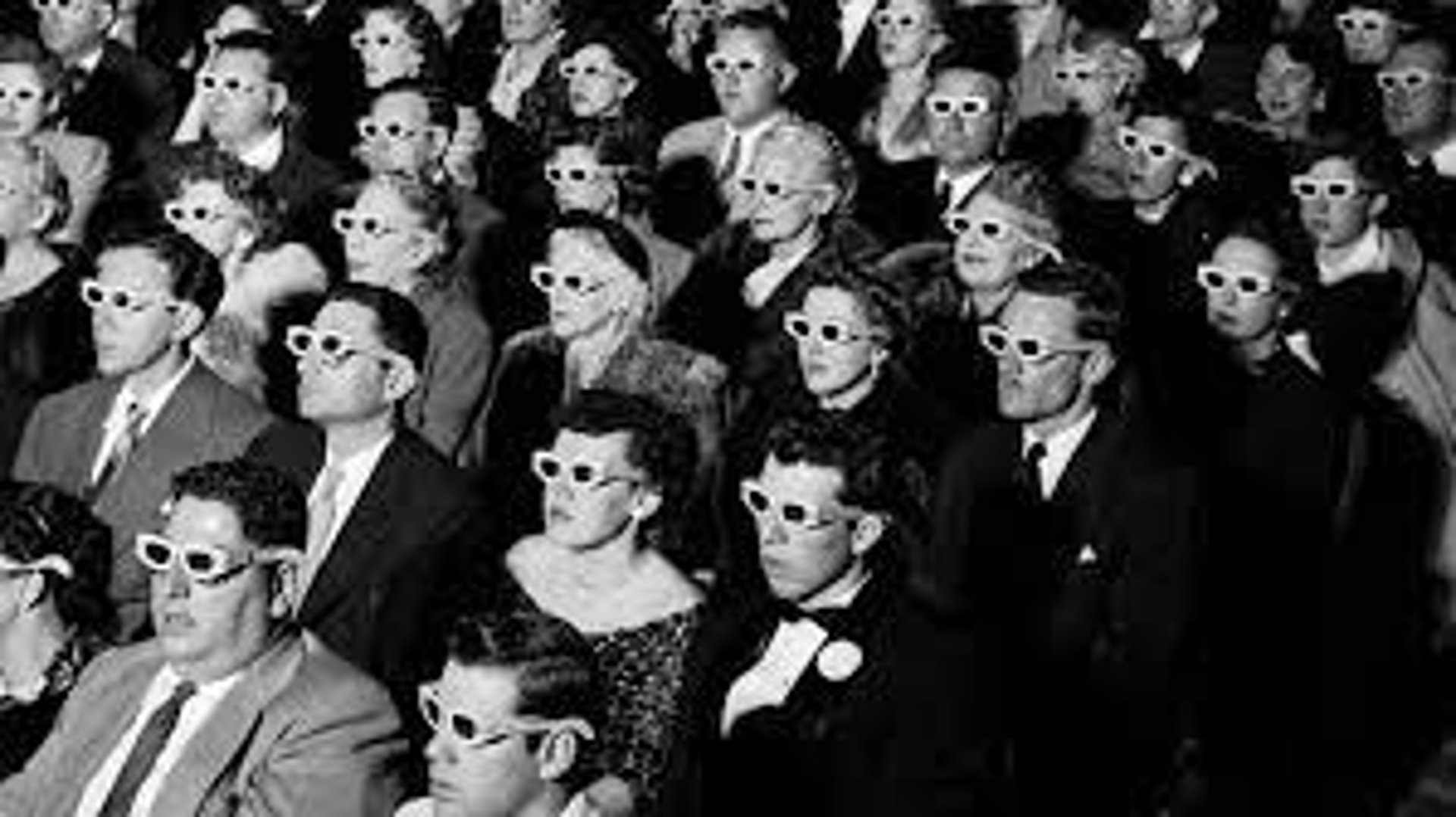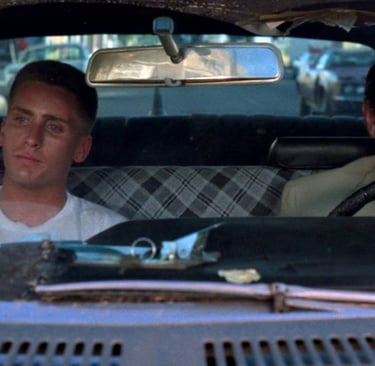
One of the least explored subgenres in cinema is the short-lived, radical category known as "punk film." This genre emerged in response to the rise of punk music in the late 1970s, which served as a counterpoint to the hedonistic glam of disco and dance music—a genre I also enjoy. However, punk's emergence was more than just a musical trend; it was a political reaction against the shift toward right-wing and neoliberal policies in Britain and America. Punk embraced a "DIY (Do It Yourself)" ethos that challenged the notion of expertise as an elitist barrier to creative expression. With this DIY spirit, anyone could participate and create without needing to be a skilled musician or filmmaker. Notable examples of punk cinema include Susan Seidelman's Smithereens (1982), Allan Moyle's Times Square (1980), Julien Temple's The Great Rock and Roll Swindle (1980), and Gregg Araki's The Doom Generation (1994). However, the film that arguably stands as the "Citizen Kane" of punk cinema is Alex Cox's Repo Man (1984). This visionary film captured the punk ethos of early 1980s Los Angeles. Repo Man is smart, bizarre, hilarious, and cosmic—making it one of the standout films of the underground cinema of that decade. Join Azed and Tom as they explore this remarkable work by the often-overlooked Alex Cox.
With the passing of David Lynch we mourn the loss of a true artist and spiritual guide. Anyone familiar with Lynch, the man and his work, knew him to be a study in the paradoxical. His All-American "boy next door" character and rural common sense, always sat oddly beside the nightmare cinematic worlds he created. Mel Brooks, who hired him to direct The Elephant Man, called him "Jimmy Stewart from Mars". For all the debate around auteurism, Lynch was the quintessential auteur. His films, from Eraserhead, through to the brilliant third season of Twin Peaks, are ireplicable, as influential as he has been, there is no equivalent visionary in today's cinematic landscape. Blending elements of surrealism, film noir, german expressionism, horror and soap opera, Lynch's oeuvre stands as a coherent, if highly symbolic, statement on darkness and light, good and evil, memory and fantasy. In this sense, Lynch was more than just a great film director, his life and work are a model of the "art life", wherein one dedicates themselves fully to the serious pursuit of art as a way to excavate the hidden, often horrific, realities behind the facades of the seemingly banal everyday. Join Azed and Tom as they pay tribute to one of the greatest artists of our lifetime.
Welcome to our annual Oscar's Bitch Fest. 2025, this year with 50% less 'bitchiness'. Largely unpolitical, this year's Oscar's seem to successfully navigate the current chaos and produce an entertaining, actually funny and drama free event. However, smooth sailing can make for an uninspiring and somewhat boring ride. If it wasn't for Adrian Brody's eccentric acceptance speech, I wouldn't have cringed at all. Join Azed & Tom as they discuss the winners and losers, the surprises and the highlights of the 2025 Oscars.
P.S. Azed crushing on Mikey Madison does not violate his restraining order.





Just in time for the holidays, OTD presents Giallo! What could be more appropriate at this festive time than gorgeously designed, sexually perverse murder mysteries with a dash of the supernatural? Alright! This was supposed to be a Halloween release but Azed was too busy with his charity work and Tom is extremely limited in many ways. Instead of the usual Xmas cinema fare, We suggest a horror filled holiday this year, filled with movies like Deep Red and Suspiria by Dario Argento, Blood and Black Lace by Mario Bava and round off your yuletide celebrations with Don't Torture a Duckling by Lucio Fulci. Azed and Tom aslo pay tribute to the much loved Terri Garr. So light a fire, get out the Bailey's and enjoy the lurid parade of serial killers and child torturers! Merry Xmas to all the OTD cinema nerds out there in the dark!
At one point in the 70's everyone was wearing clogs and in the 80's, we were handing out Best Picture awards to movies like, Driving Miss Daisy and calling it a sign of progress. So it's a good idea to check in with your once loved cultural artifacts to make sure you aren't still listening to Jesus Jones or defending Dan Brown books . In that vein, Tom and Azed discuss two movies they both used to really like and now feel a bit less enthusiastic about. Oddly, and completely randomly, both of us chose movies by Kubrick: Lolita (1962) and The Shining (1980). We discuss the difficulty in translating good books to film, the limits of interpretation, and Kubrick's pattern of focusing on what has been called "the banality of evil". Tom also gives us an update on some of his favourite screenings at this years TIFF.